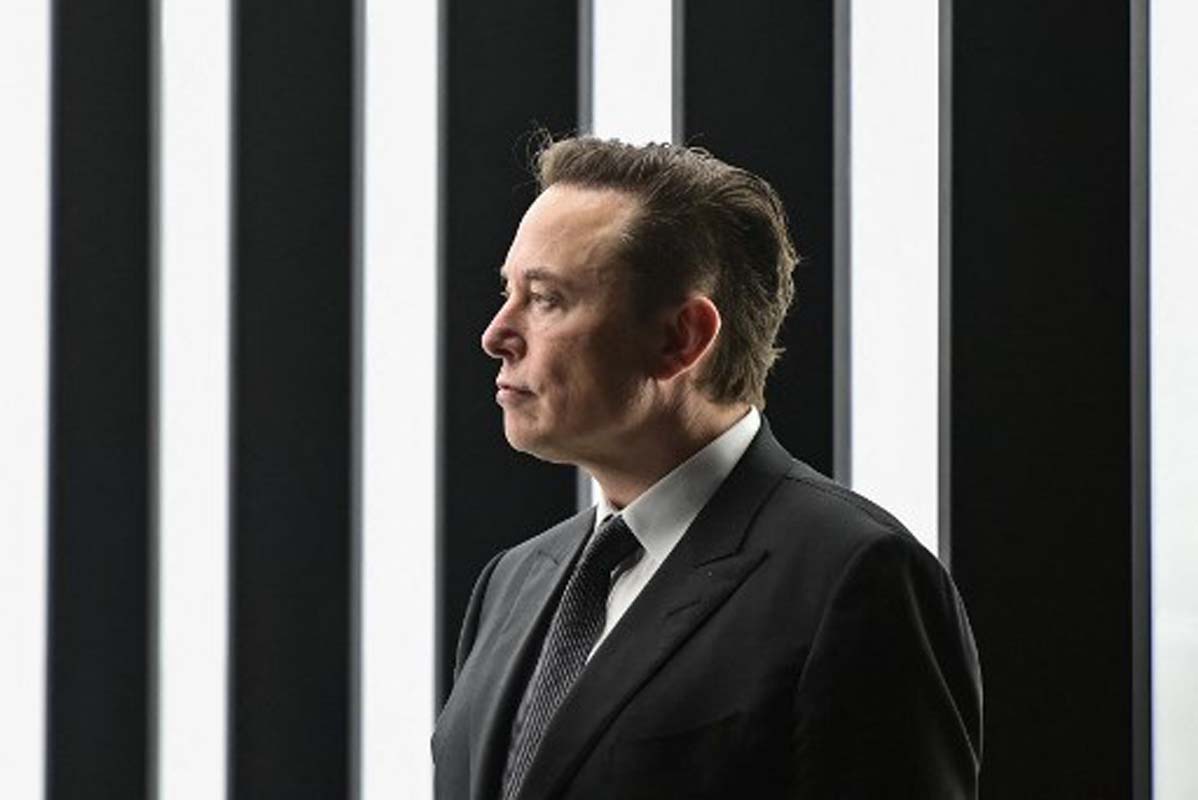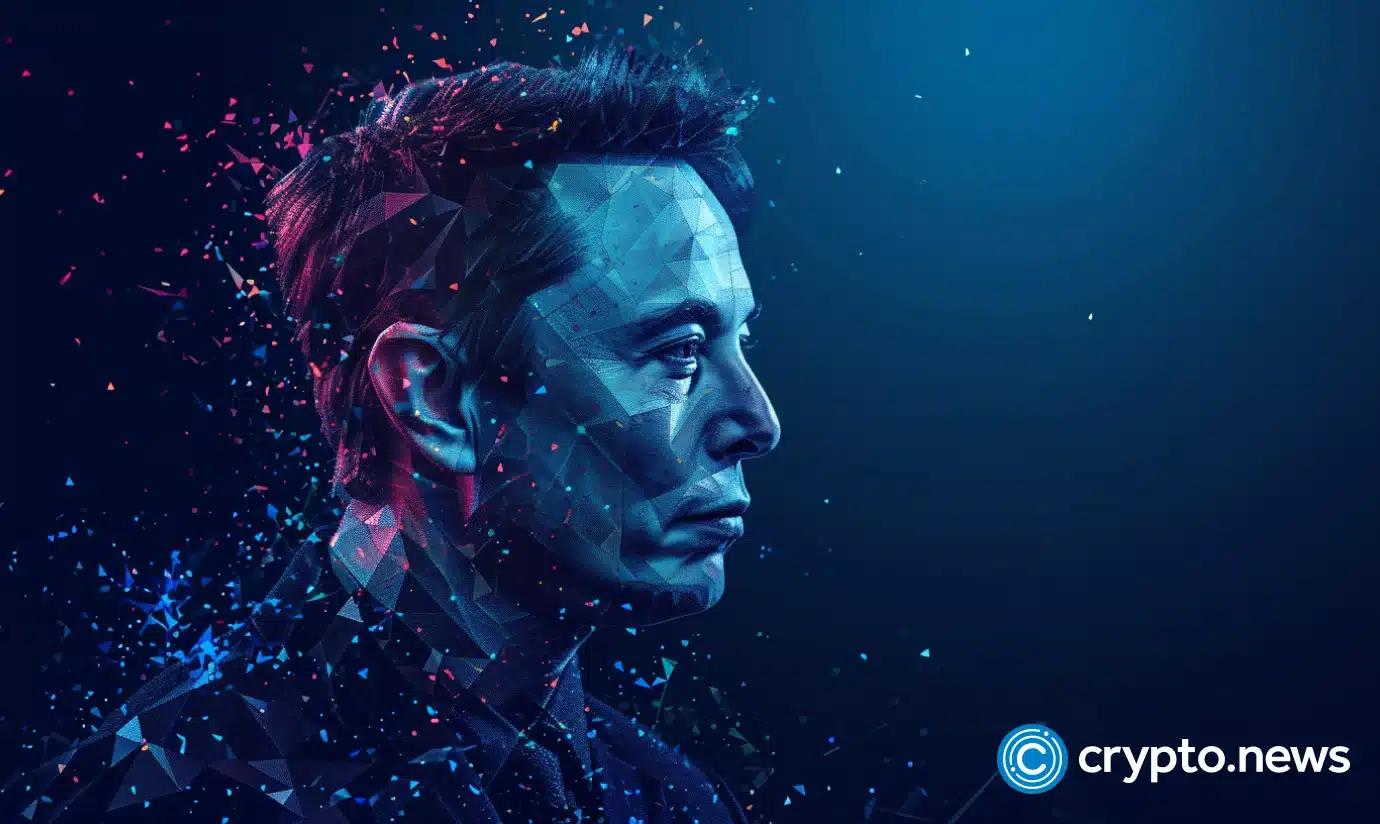Trump's Tariff Threats and Elon Musk's New Political Party

Tech billionaire Elon Musk has announced the formation of a new US political party, the 'America Party,' a move that follows a high-profile and bitter falling out with US President Donald Trump. Musk, who had been a significant political donor to Trump's 2024 campaign, launched the party to challenge what he described as the country’s “one-party system,” asserting that America lives in a system driven by “waste & graft, not a democracy.” He posted on X, the social media platform he owns, that “Today, the America Party is formed to give you back your freedom.”
The dramatic rift between Musk and Trump reignited after Musk’s abrupt departure from Trump's post-election administration earlier this year, where he had been appointed to lead the Department of Government Efficiency (DOGE), tasked with identifying areas to cut federal spending. Their feud intensified when Trump pushed through his sweeping tax and spending legislation, dubbed the “One Big Beautiful Bill.” Musk fiercely opposed this bill, arguing it would lead to “debt slavery” and pile an estimated more than $3 trillion onto the US deficit over the next decade. He also criticized the legislation for not focusing on green energy or subsidies for electric vehicles, including those produced by his company, Tesla.
The public spat escalated on social media, with Trump threatening to deport Musk, who was born in South Africa and became a US citizen in 2002. Trump also warned he might strip federal funds from Musk’s businesses, including Tesla, SpaceX, and Starlink, and even suggested that DOGE should investigate the subsidies received by Musk’s ventures. Trump publicly stated that Musk was going “completely ‘off the rails’” and becoming a “train wreck.”
Musk’s decision to form the America Party was solidified after he conducted a poll on X, asking whether respondents desired “independence from the two-party (some would say uniparty) system.” The poll garnered over 1.2 million responses, with more than 60% in favor of a new political party. Musk declared, “By a factor of 2 to 1, you want a new political party and you shall have it!” However, as of reports, no formal documentation for the America Party had appeared in records from the Federal Election Commission (FEC), raising questions about its legal status. While Musk is ineligible to run for US president due to his foreign birth, he has not yet named a potential leader or candidate for the party. He has laid out a strategic plan to target specific Senate and House districts, aiming for the new party to become the deciding vote on major legislation. The announcement has caused some investor unease, with investment firm Azoria Partners delaying the launch of its Tesla-focused exchange-traded fund (ETF) and calling on Tesla’s board to clarify Musk’s political intentions.
Concurrently, President Donald Trump has escalated his aggressive trade policy, warning of new tariffs on any country aligning with what he termed “anti-American policies” of the BRICS group. He announced an additional 10% tariff on such nations, with “no exceptions to this policy.” The US administration began formally notifying affected countries, with tariff letters and deals set to roll out, and the tariffs poised to take effect by August 1. Trump insisted that countries should either secure deals or face these new duties, potentially ranging up to 70% for some, though major partners would likely avoid the highest levels.
The BRICS group, originally comprising Brazil, Russia, India, China, and South Africa, has expanded to include Iran, Egypt, Ethiopia, and the United Arab Emirates in 2024, and Indonesia in 2025, with Nigeria joining as a partner country. Designed to boost members’ international standing and challenge US and Western European dominance, the bloc champions a multipolar world order. During a recent summit in Brazil, BRICS foreign ministers expressed “serious concern at the prospect of a fragmented global economy and the weakening of multilateralism,” criticizing “unilateral tariff measures,” a veiled reference to US trade practices. They also emphasized the importance of accessible and affordable climate finance for developing nations from wealthier countries, while acknowledging the continued role of fossil fuels in the global energy mix for decades to come.
Trump’s latest tariff threat injects new uncertainty into global markets, underscoring Washington’s increasing scrutiny of BRICS’ growing influence as the group seeks to challenge Western-led economic structures. These concurrent developments – Elon Musk’s foray into party politics and President Trump’s assertive economic stance – highlight a dynamic period in both US domestic affairs and international relations.







_1751880097.jpeg)




